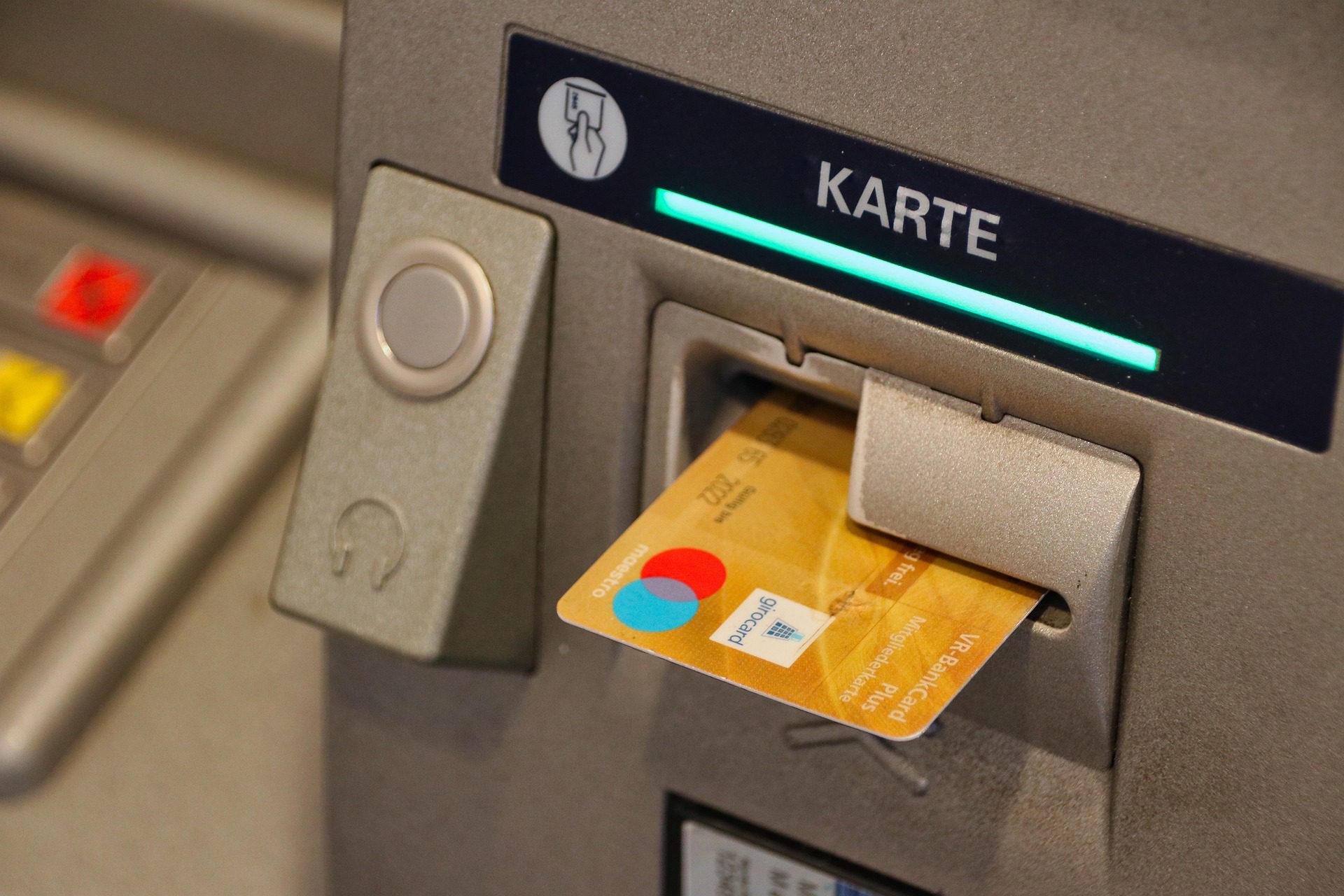Protecting yourself from bank fraud is important. Every year, millions of dollars are lost to thieves who use clever strategies to take advantage of unsuspecting individuals. In this blog post, we will go over the various types of banking fraud, how to recognize scams, and practical steps you can take if you suspect you may have been a victim of bank fraud. We will also discuss ways to safeguard your accounts from potential scam attempts. By knowing the tactics common among criminals, you can stay one step ahead and protect your finances.
Introduction
It is essential to be aware of the threats posed by bank fraud and to take steps to protect yourself so that you can conduct financial transactions securely. In this blog post, we will cover all the basic information about what you need to know about protecting yourself from bank fraud. We will discuss common scams and how you can avoid them, as well as other prevention tips and what to do if your accounts have been compromised. Read on to find out more!
Types Of Banking Fraud
Banking fraud involves the use of deceptive tactics for financial gain. There are several types of banking fraud, ranging from identity theft to debit card fraud and phishing scams. Identity theft occurs when someone obtains personal information in order to access bank accounts or gain credit. Debit card fraud involves unauthorized access to funds through stolen debit cards or account numbers. Phishing scams involve malicious emails or phone calls that appear to be from a legitimate source, such as a bank, in an attempt to collect personal information or money. It is important to be aware of these banking scams 2023 threats in order to keep your finances secure.
Recognizing Scams
Recognizing scams is one of the most important things to know when trying to protect yourself from bank fraud. Scammers are constantly devising new ways to take advantage of unsuspecting victims, so it is best to be vigilant. Some common red flags include unexpected phone calls or emails requesting personal information or requests for you to transfer money quickly and securely. Be sure to never give out your personal information online or over the phone, and if something seems too good to be true, it probably is. Trust your suspicions and don’t be afraid to ask questions about anything that raises a red flag–it just may save you from falling victim to fraud.
Steps To Take If You Suspect Bank Scam
If you suspect a bank scam, the best thing to do is to contact your financial institution and alert them of your suspicions. Be sure to provide as much information as possible, such as account numbers, transaction details, names of people involved and dates/times whenever possible. Additionally, you should also take steps to protect yourself immediately. Register for fraud alerts with all three major credit bureaus to be notified if anything suspicious happens with your accounts or credit report. You can also review your financial transactions regularly for any fraudulent activity or errors. And lastly, always remember not to respond directly to emails regarding banking activities that require personal information – this could be a sign of fraudulent activity. By following these steps you can minimize the potential damage from any fraud attempts against you or your bank accounts.
You can also talk to Report Scam Community through complaint form. We will provide you a free consultation.
Safeguarding Your Accounts From Bank Account Scam
Securing your accounts is the best way to protect yourself from bank fraud. Make sure you create complex passwords, never store them in plain text on any device, and consider using two-factor authentication whenever available. You should also monitor your accounts regularly so that if an unauthorized activity occurs you can quickly alert your financial institution. To further safeguard your accounts, set up a Fraud Alert with each of the credit bureaus, which notifies them of suspicious activity related to your accounts. Lastly, do not share confidential information such as account numbers or passwords over the phone or through email unless it is verified by another secure method. Taking these steps can help ensure that you remain safe from bank account scams.
Conclusion
In conclusion, bank fraud is a serious problem that is becoming increasingly more common. It is essential to be aware of the methods criminals use to steal your financial information and take steps to protect yourself. Your best defense against fraud includes establishing strong passwords for your accounts, utilizing multi-factor authentication, monitoring you credit report regularly, and remaining vigilant when sharing personal information online or over the phone. By following these tips, you can help ensure that your finances remain secure in the face of criminal activity.
If you have been scammed, we offer a free consultation. We are a team of professionals who are in the field to help scam victim get their money back.
Visit Report Scam’s Facebook Page
Our Twitter Page
